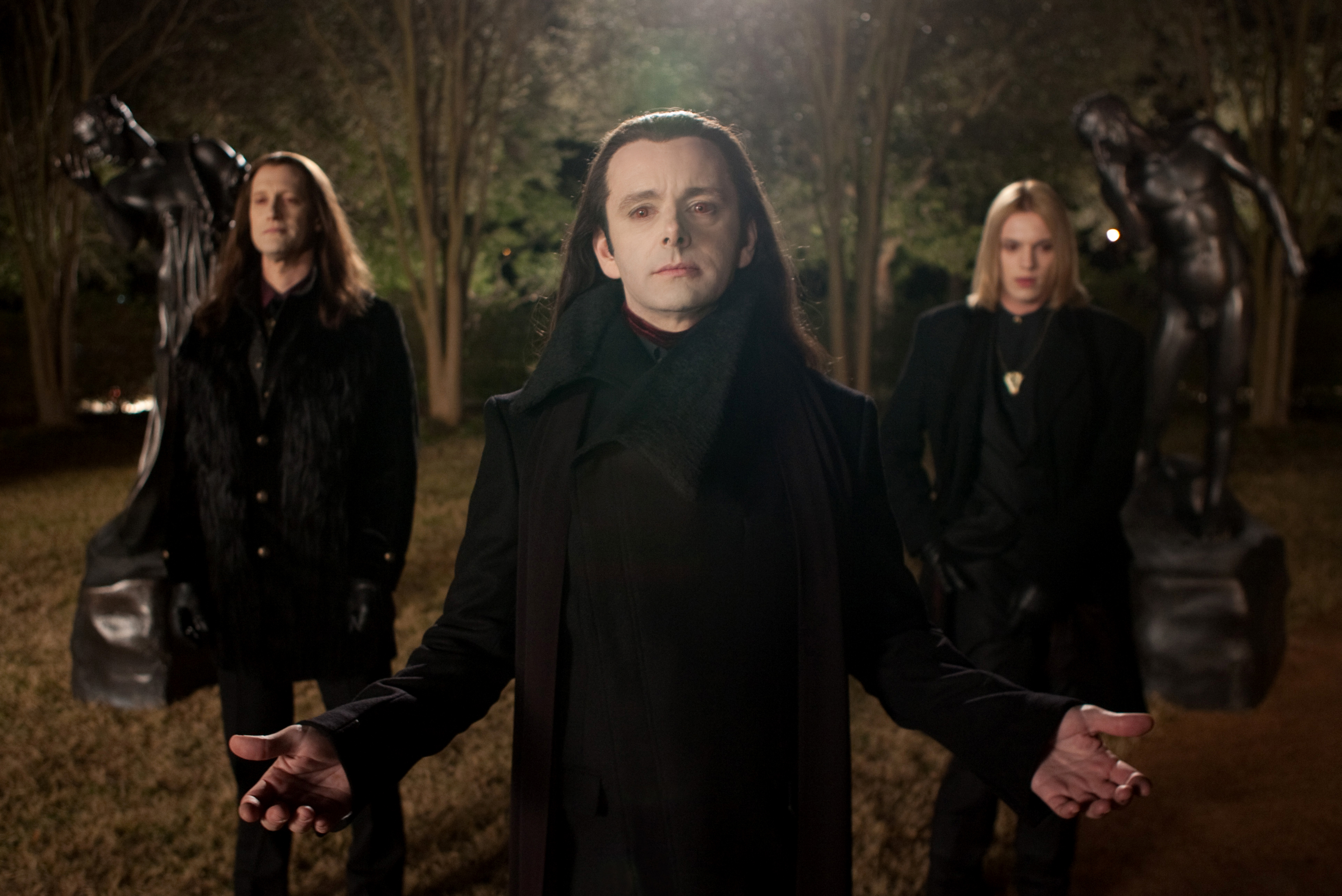“Lincoln”
Directed by Steven Spielberg
Written by Tony Kushner
Starring Daniel Day-Lewis, Sally Field, Tommy Lee Jones, David Strathairn
Rated PG-13
149 Minutes
Directed by Steven Spielberg
Written by Tony Kushner
Starring Daniel Day-Lewis, Sally Field, Tommy Lee Jones, David Strathairn
Rated PG-13
149 Minutes

Steven Spielberg’s recent streak of sentimentality fits
beautifully into a film like “Lincoln” because it wisely avoids over stretching
itself and instead stays focused on Lincoln’s efforts to pass the 13th
Amendment in the last few months of his life.
This is a beautiful picture that plays like a timeless portrait of the
man who saw past the simplicity of the slavery issue to raise even bigger
questions about the nature of human decency.
Being that America has just come out of one of the most intense
elections in history, “Lincoln” couldn’t arrive at a better time. There is a reason Abraham Lincoln still
remains perhaps the Nation’s most revered President, and Spielberg’s film
symbolizes that perfectly.
At first, Tony Kushner’s screenplay almost seems overly
expository with its dialogue; but then the language comes alive, seamlessly
adjusting us to the period. Familiarity with the politics of the time helps, but is not necessary because
the story has such a strong focus on one issue in a brief passage of time that
it streamlines the narrative. The issue
at hand is the passing of the 13th Amendment, which divided the
Republicans and Democrats of the time and was seen primarily as a military
measure to end the Civil War. President
Lincoln (Daniel Day-Lewis) is starting on his second term in office and
intuitively realizes that the issue of slavery will have implications that
reverberate long after the war is over.
He implores those closest to him, including Secretary of State William
Seward (David Strathairn) and his wife Mary Todd Lincoln (Sally Field), that in
order to again unify the Nation, the amendment must pass.
Daniel Day-Lewis’s performance is extraordinary. He is the very embodiment of a President who,
stalwart and sleepless, is personable to everyone he meets. Several times throughout the film, Lincoln
conveys important ideas and personal philosophies by telling stories and
parables. He is not above throwing out a
humorous quip to sting his protestors and prove a point. His voice ever-so-slightly betrays his
world-weary concerns, which he even tries to keep in check in the presence of
his wife, who struggles to keep their son Robert (Joseph Gordon-Levitt) from
going off to war. To balance out the performance
scale is Tommy Lee Jones as Thaddeus Stevens, a prominent Republican leader in
the House of Representatives, whose flamboyant nature puts everyone else in
their place. It’s a marvelous role for
an actor who has had many marvelous roles.
Janusz Kaminski, Spielberg’s long-time collaborator, will
unquestionably be another nominee for best cinematography for his work on “Lincoln.” Kaminski
rivals Terrence Malick in the way he shoots with natural light, and there is a
stand-out scene here that if I am not mistaken, was lit solely by a
lantern. This is a motion picture that
feels very much of the time period it encapsulates and in some ways works as a
companion piece to Spielberg’s “War Horse,” which was also shot by Kaminski in
a similarly naturalistic fashion.
One of the most remarkable aspects of “Lincoln” is how
necessary it feels, given how palpably our Nation seemed to be divided at election
time. While the history of what occurred with the amendment is a foregone conclusion, Spielberg wisely doesn’t try to spice things up with
contrived suspense but instead invites the audience to be party to the
intensity of the conversations as we stand witness to the differing positions
that were splitting the parties at the time.
The film’s best scene comes when Lincoln sits in a dimly-lit telegraph
office dictating to two young men the message he’d like them to pass
along. He asks them a deeply introspective
question and then uses one of the mens' answers to convey implications for all
of history. It’s one of the best moments
in any movie I’ve seen this year.
While there are perhaps a few too many characters that leave
a couple subplots feeling surprisingly inert, Steven Spielberg has crafted a
film very much worthy of its title. “Lincoln”
is his best movie in years and comes at a time when our 16th
President’s legacy is more important than ever.
Lincoln struggled to make people see past partisan issues and look
deeply within the human spirit to find our collective guidance. Pay very close attention to the last thing he
says before departing to his fateful appointment at Ford’s theatre. The poignancy of his words are haunting; and
it makes me wonder what he would accomplish were he alive today.


